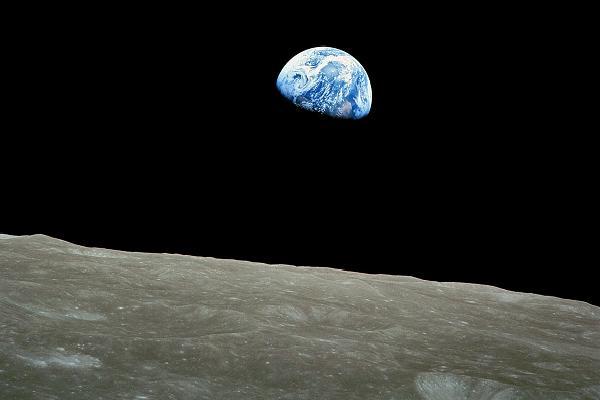To be honest, when I first had the idea of writing about German space travel, I didn’t think that there would be a lot to write about. I actually just thought that the title “A short History of German Space Travel” sounded good. After looking into the matter, I was a little surprised that even though no German astronaut ever made it to the moon, there is actually a whole lot of history of German involvement in space travel. Let’s take a peek.
Rocket Fever
It all began in the 1920’s. While Germany was banned from researching or producing any military technology by the Versaille Treaty after World War I, surprisingly enough, rocket science was not part of that ban. Thus, many German scientists engaged in the fruitful exploration of rocket technology. In the so-called “Golden Twenties”, rocket science and the idea of space travel quickly became a cultural phenomenon. Large-scale public experiments were accompanied by fiction and non-fiction literature, movies and the foundations of space travel associations.
With the dawn of the Third Reich, aerospace research was practically completely militarized and declared a secret state matter. The scientists simultaneously worked on space flight as well as the weaponization of rocket technology. Unbeknownst to me, German scientists actually were the first ones to shoot a rocket into space in 1942. Less than two years later, rockets of the same type are used as enormously destructive weapons in World War II, now infamously known as V2. After the war, Germany is banned from military research once more, this time including rocket science. Further, remaining technology, as well as numerous scientists, are brought to the USA and the USSR.
After the Occupation
Of course, the new generations of German scientists did not lose interest in aeronautics. They kept informing themselves on latest findings and kept institutionalizing. After the occupation ended, German scientists instantly became involved in international space programs. While western German scientists and agencies closely cooperated with the USA, GDR-Experts were largely participating in Soviet space programs as the GDR was part of the Soviet Union. In 1967 the FRG is beginning its first ever autonomous space exploration program, which launches its first satellite two years later.
The second half of the 20th century sees numerous German co-operations in terms of space exploration and travel. There’s major involvement in the creation of the European Space Agency in 1975, furthermore western German scientists partake in such renowned missions as the launches of Viking 1 & 2. Voyager 1 & 2 and the repeated launches of the carrier rocket Ariane. The GDR, on the other hand, launches its first satellite in 1969. In 1978, GDR-Citizen Sigmund Jähn is the first German in space, when he visited a Soviet space station. Western Germany sends its first man into space five years later.

German scientists and astronauts from both sides of the iron curtain keep being involved with scientific projects and rocket launches. After the end of the Soviet Union and German Reunification, international space travel becomes less of a race and a little more of a joint venture. German astronauts visit space with Russian as well as American missions. German experiments make it onto the Pathfinder-Missions to Mars. The German space agency DLR is heading the development of the landing unit of the famous Rosetta probe. Further, the agency is involved in a large number of probe missions with all kinds of goals. It very much seems as if I underestimated German space science. From the very beginnings of international rocket research and space exploration, German scientists have been aboard. If you get my drift.
